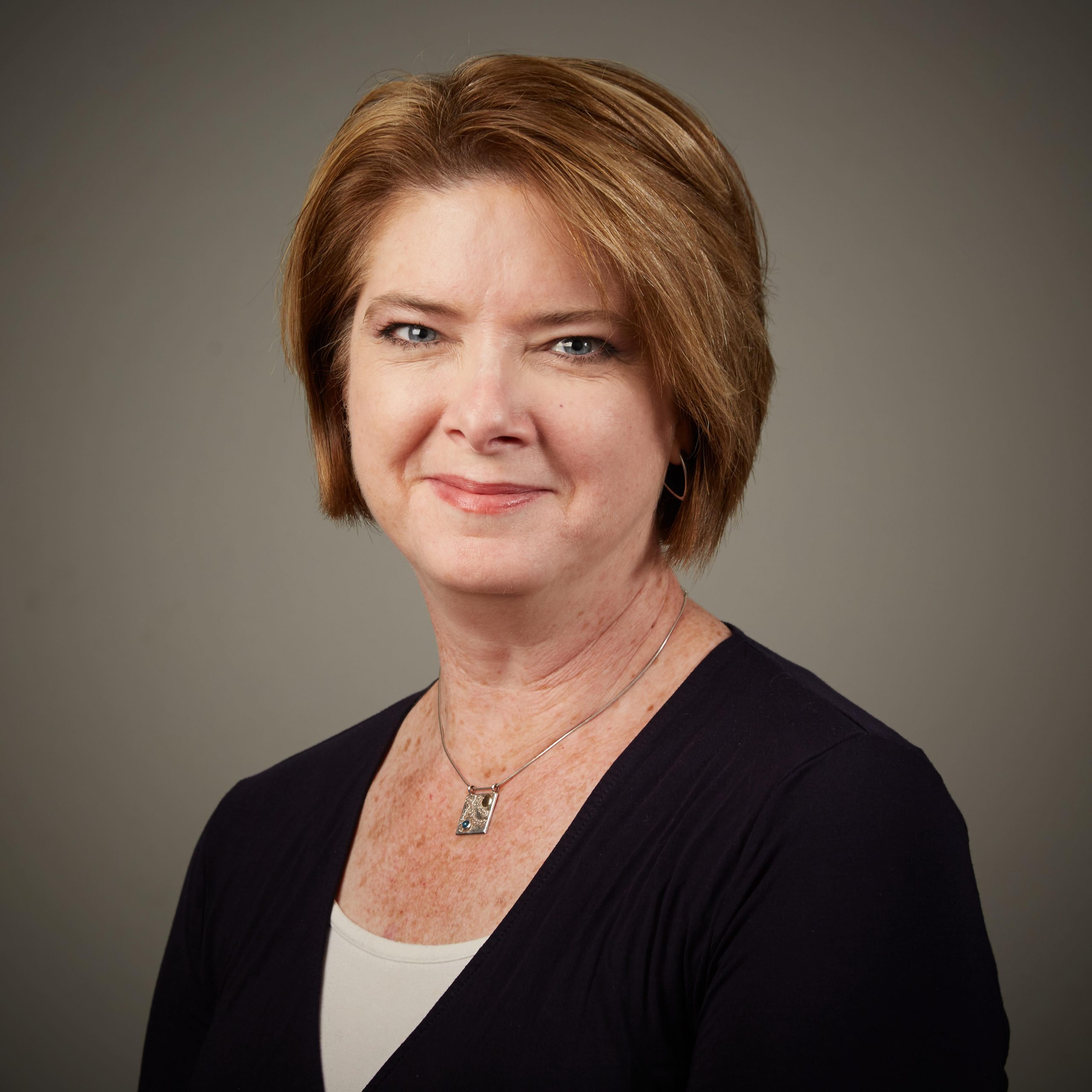Single not single
Prof. Nancy Loucks OBE is the Chief Executive of Families Outside. Nancy co-chaired the Justice & Care Workstream for the Independent Care Review and the Independent Review of the Response to Deaths in Prison in Scotland; chairs the Board of the International Coalition for Children of Incarcerated Parents (INCCIP); is a Board member of Children of Prisoners Europe (COPE; Secretary General from 2015-21); and is a member of the Global Prisoners’ Families Research Group at the Centre for Criminology, Faculty of Law, University of Oxford. Nancy is also part of the advisory panel for the Transforming Child Maintenance Project.
10/06/2024
Families Outside is the only national charity in Scotland working exclusively on behalf of families affected by imprisonment, providing information and support on issues such as housing, finance, and emotional support.
- Nancy Loucks, Chief Executive, Families Outside

Nancy Loucks
Implications for Child Maintenance when someone goes to prison
Families Outside recently completed a 20-month study of the financial impact of imprisonment for the people left behind. Our Paying the Price report found that prison had a devastating impact on people who were already struggling financially and who were not guilty of the crime.
Families left behind through imprisonment in this research – nearly all of whom were women – were spending a third of their income after rent and tax to maintain contact with a family member sentenced to prison. When people were in custody on remand or coming home upon release, the proportion increased to half the family income. The amount of money coming into the household dropped, as the main breadwinner was now in prison, or the level of benefits decreased.
- Nancy Loucks, Chief Executive, Families Outside
What the report didn’t highlight, beyond reference to ‘benefits’, was what imprisonment meant for people receiving Child Maintenance. When someone goes to prison, they no longer have to pay Child Maintenance. Despite the fact that their children and former partner are still in need of funds, the responsibility for Child Maintenance is suspended until the person leaves custody. The family can apply for Universal Credit instead, but if families are already claiming that, no equivalent substitute for Child Maintenance exists.
Further, research by the Joseph Rowntree Foundation and Save the Children in 2022 on the Minimum Income Standard in the UK found that families out of work and on Universal Credit fall about 40% short of the Minimum Income Standard, plus the average wait to receive Universal Credit is five weeks.
An additional consideration is that imprisonment, in effect, creates single parent households: where partners were together prior to the imprisonment, placement in custody for remand or sentence leaves one partner behind. The reality is that this, too, leaves these ‘single parents’ with no eligibility to receive Child Maintenance. Again, these parents can claim Universal Credit, but if they are already receiving this and are now receiving it as a lone parent, they will be financially worse off than they would be if their new lone parent status could be recognised and Child Maintenance could be paid.
- Mother of four children with partner in prison,
One mum in her 30s, supporting four children on her own while her partner was in prison, spoke about the resulting financial difficulties:
“I am on Universal Credit. I try to put things aside and fill the car up. So some weeks I sit with nothing. I have to rely on food banks. I just buy the Slimfast shakes, so I only eat one meal a day. It is for costs. It is for the kids…. I have had to get crisis loans, community care grants…. I have credit card bills coming out of my eyes.”
Another mum in her 30s with one child and on Universal Credit noted:
“The [prison] phones are so expensive. They are connected through BT company, and it if 20 minutes for £1.50. The money is going down quickly, and I have to put in extra… But if you have £5 on your phone, she is 4, she doesn’t understand, when the phone cuts off she doesn’t understand that the money has run out.”
The specific financial hardship families experience when someone goes to prison must be recognised and addressed. The fact that imprisonment negates access to Child Maintenance for children, ex-partners, and current partners, through no fault of their own, must be recognised and addressed. It creates not so much a loophole as a financial chasm that the families left behind struggle to navigate.
Families Outside is grateful for the opportunity to explore this through the Transforming Child Maintenance project as part of its ongoing work to support families with the impact of imprisonment. We hope this will be one less way that families have to ‘Pay the Price’.